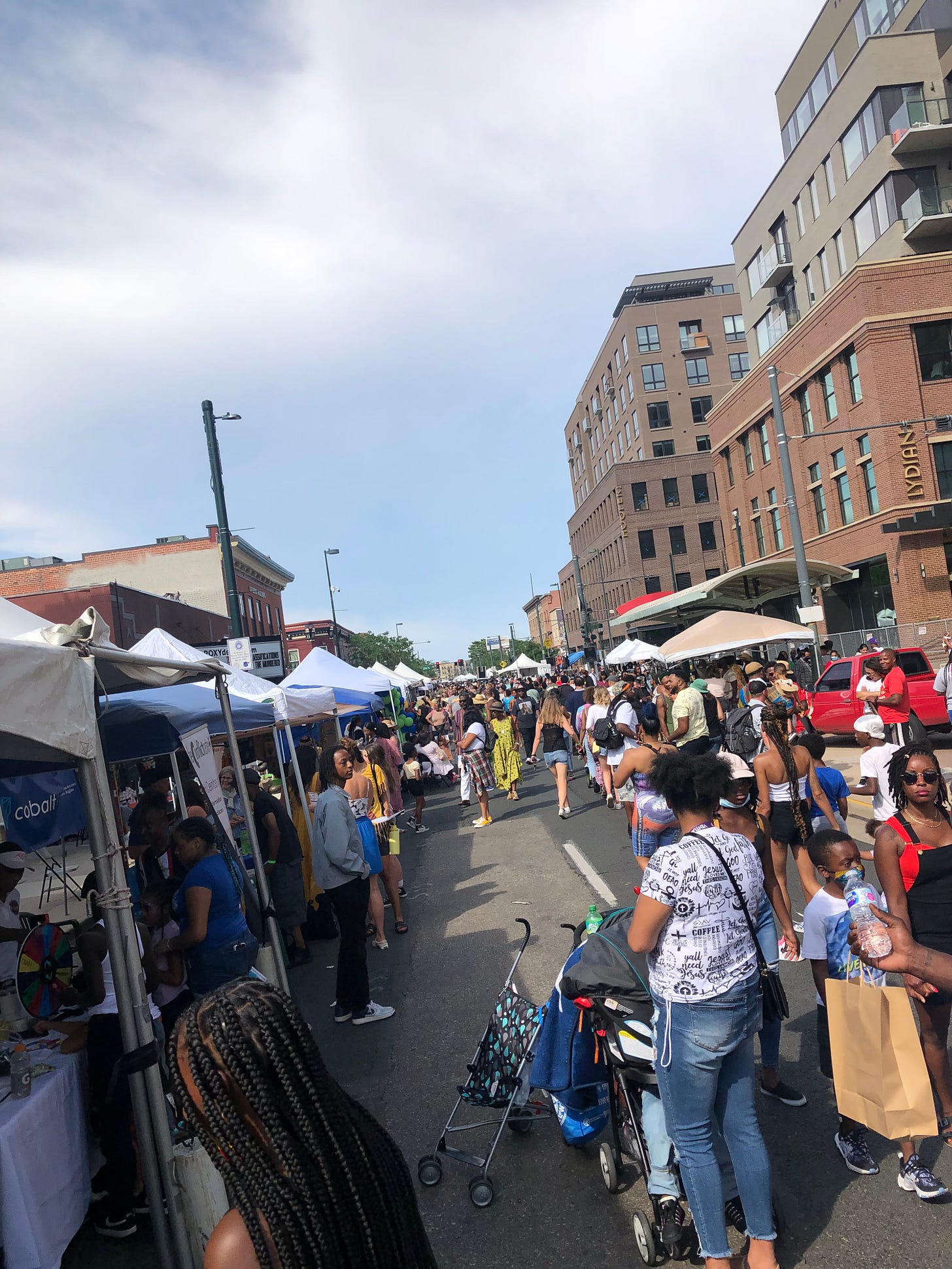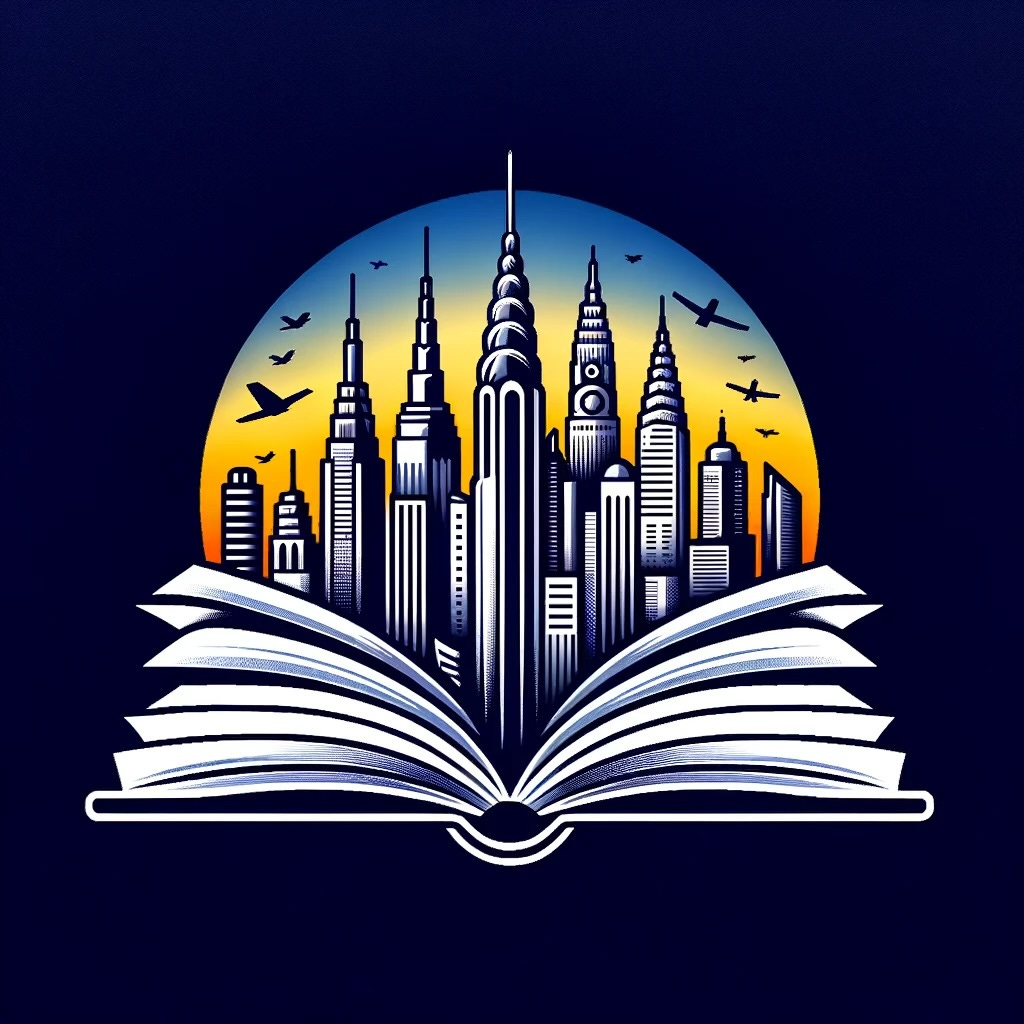The Urgent Fight Against Growing Authoritarianism In Cities
“Do you believe in the freedom of individuals to determine their own futures and solve problems cooperatively, or do you believe that a powerful but benevolent government can and should rearrange outcomes and make things better?”
This pressing question, posed by Matt Kibbe, New York Times bestselling author and president of Free the People, underscores a critical choice. In his book “Don't Hurt People and Don't Take Their Stuff,” Kibbe makes a compelling case for individual liberty and outlines what we must do to safeguard our freedom.
Cities, as centers of economic and political power, can sometimes become hotbeds for authoritarian practices and overreach. This tendency stems from several factors inherent to urban governance and development.
One key driver is the centralization of urban decision-making processes, which can reinforce neoliberal authoritarianism.
As cities grow and become more complex, there's often a push to streamline governance, potentially concentrating power in the hands of a few. This centralization can lead to limited pluralism and participation, hallmarks of authoritarian systems.
The concept of "authoritarian urbanism" has gained traction, describing how urban spaces are increasingly shaped by practices that prevent dissent, technocratize political issues, and repress opposition. These practices often serve to enable capital accumulation and maintain existing power structures, sometimes at the expense of citizens' rights and democratic processes.
Urban development projects, particularly those driven by logistics and economic imperatives, can become vehicles for authoritarian practices. The creation of special economic zones or large-scale infrastructure projects may bypass normal democratic processes, justified by claims of economic necessity or efficiency.
Moreover, cities are often at the forefront of implementing new technologies for governance and surveillance. While these can improve services, they also risk creating "smart cities" that enable unprecedented levels of monitoring and control over citizens' lives.
It's crucial to recognize that authoritarian tendencies in cities aren't limited to traditionally autocratic regimes. Even in ostensibly democratic societies, urban governance can drift towards authoritarian practices, often under the guise of addressing complex challenges or ensuring public safety.
A Randian Prescription
Ayn Rand, renowned for her staunch opposition to totalitarianism, would be aghast at the current climate. In “We the Living,” Rand explores the evil of a state claiming the right to sacrifice individual lives for its own ends. Her theme: “The Individual Against the State,” is more relevant than ever.
Rand’s associate Leonard Peikoff warned against totalitarianism’s roots in faith over reason and self-sacrifice over self-interest. He argued that such a philosophical consensus inevitably leads to authoritarian rule, where thought control and mass suffering prevail.
Defending Individual Liberty
Kibbe’s book “Don't Hurt People and Don't Take Their Stuff” passionately defends the principles on which America was founded. He argues that the Constitution grants each American the right to self-determination and protection from others' destructive actions.
Kibbe highlights how unchecked cities along with political and corporate establishments erode these freedoms through taxes and regulations.
His rallying cry is clear:
Don't Hurt People: Free people just want to be left alone, not harmed by others with an agenda. Don't take people's stuff: Our founders fought to ensure property rights and the fruits of our labors.”**
Take Responsibility: Liberty demands responsibility. Don't wait for others to solve your problems.
Work Hard: Effort equals reward.
Mind Your Own Business: Free people live and let live.
Fight The Power: The Internet offers unprecedented opportunities to stand against corrupt authority.
In these turbulent times, we must heed these warnings and fight to preserve our democracy. The threat of authoritarianism is real, and the urgency to act has never been greater.
Diamond Michael Scott is a former urban journalist who has written hundreds of feature articles for publications like Comstock’s Magazine, Governing Magazine, New Geography and many others. You can support Diamond in building his community here by becoming a free subscriber or member supporter. Every little bit is appreciated.






